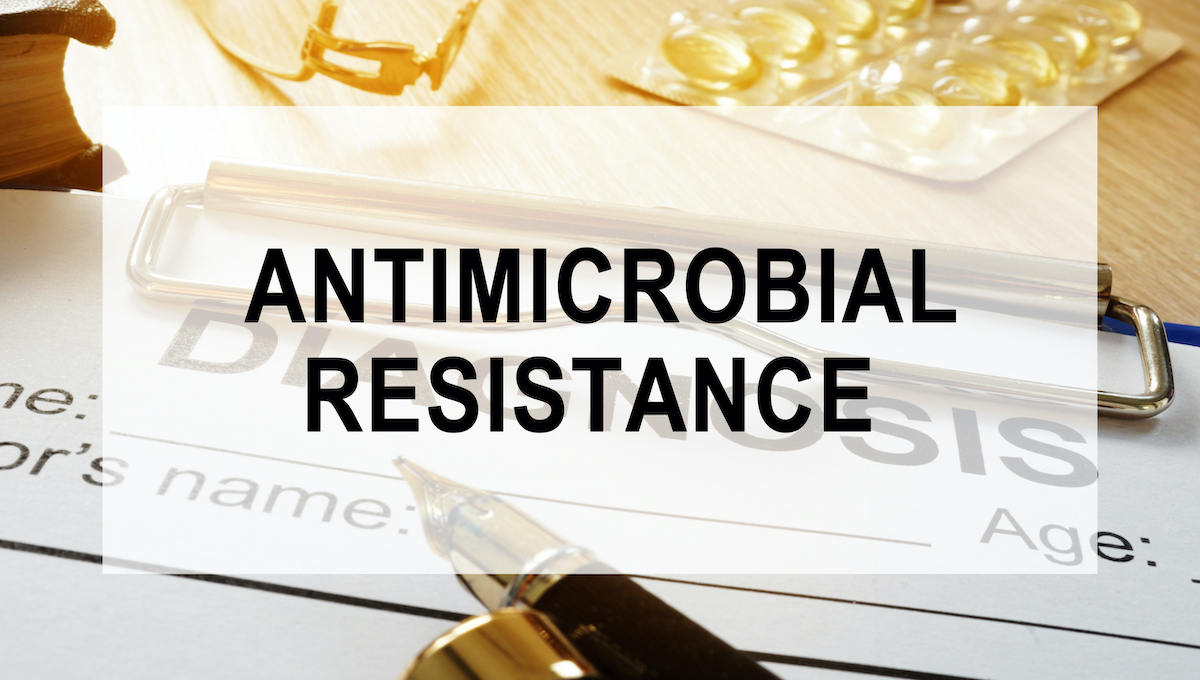
Nations have highlighted the role of the food sector and risk of resistant infections as part of World Antimicrobial Awareness Week.
World Antimicrobial Awareness Week 2022, which began Nov. 18 and runs to Nov. 24, focuses on the actions needed to tackle antimicrobial resistance (AMR).
AMR occurs when bacteria, viruses, fungi, and parasites no longer respond to antimicrobial agents. Because of drug resistance, antibiotics and other antimicrobial agents become ineffective and infections are harder or impossible to treat, increasing the risk of disease spread, illness and death.
Aims of the campaign include to strengthen infection prevention and control at farms and food industry premises and to implement best practices in food and agriculture production, according to the World Health Organization (WHO).
A conference in Oman on Nov. 24 and 25 will bring together health, agriculture and environment ministers to discuss the Muscat Manifesto, which sets targets on AMR, with indicators and milestones for antimicrobial use in the human and animal sectors.
These include reducing the amount of antimicrobials in the agri-food system by at least 30 to 50 percent from the current level by 2030 and preserving critically important antimicrobials for human medicine, including by ending the use of medically important antimicrobials for growth promotion.
WHO will publish a new Global Antimicrobial Resistance and Use Surveillance System (GLASS) report in early December. It will provide updates on AMR rates in common bacteria and invasive fungi, as well as data on antimicrobial consumption in humans for the first time.
New Zealand and Australia
New Zealand Food Safety is focusing on animal owners in the battle against AMR. The Ministry for Primary Industries (MPI) and Ministry of Health picked a theme of safe handling and disposal of antimicrobial medicines in humans and animals.
Pet owners or livestock farmers should follow the instructions outlined by their veterinarian. Make sure to give the correct dose, at the right time of day, and for the prescribed duration. They should also wash hands after dosing and never keep antibiotics for future use.
Australia has started a nationwide survey of antimicrobial resistance in the food supply.
Food Standards Australia New Zealand (FSANZ), state and territory regulators are sampling retail beef, pork and poultry products. The survey will run until mid-2023. It is the first national surveillance of antimicrobial resistant bacteria in retail food since 2007 and will help to gauge the scale of the issue in selected foods.
“This is about reducing the risk of people being sicker for longer, the pressure that creates on our health system and the increased risk of dying from an infection that has tragically turned untreatable. We know this is becoming an increasing global problem, with antibiotics losing their effectiveness and new solutions not being developed fast enough,” said Ged Kearney, assistant minister for health and aged care.
UK and Europe
In the United Kingdom, antibiotics are essential medicines to protect animal health and welfare, and it is estimated 70 percent are consumed by animals and 30 percent by humans. Responsible use is needed to ensure they remain available to protect animal and human health.
Good farm management, biosecurity and animal husbandry systems are crucial to minimize the occurrence or spread of disease and reduce the need for antibiotics.
A report on veterinary antibiotic sales, usage and resistance data from the UK shows antibiotic consumption has been reducing year on year since 2014 to 2021. Another report states there has been a 55 percent decrease in the sale of antibiotics for food-producing animals since 2014.
The Food Standards Agency (FSA) is funding a study to identify critical points during meat processing where more stringent interventions such as enhanced cleaning and disinfectants may be required to reduce AMR contamination and the risk to consumers. It will cover the transmission of AMR E. coli and Campylobacter during processing of chicken in UK slaughterhouses and cutting plants. Results are expected in 2023.
Meanwhile, a survey on antimicrobial resistance shows half of Europeans still incorrectly believe that antibiotics kill viruses. The Eurobarometer survey was carried out in 27 member states between February and March 2022.
Only three in 10 Europeans knew that unnecessary use of antibiotics makes them become ineffective, that taking antibiotics should only stop after completing the whole treatment and that they often have side effects, such as diarrhea.
The EU Commission has also published a report reviewing member states’ plans to tackle antimicrobial resistance.
(To sign up for a free subscription to Food Safety News, click here.)
